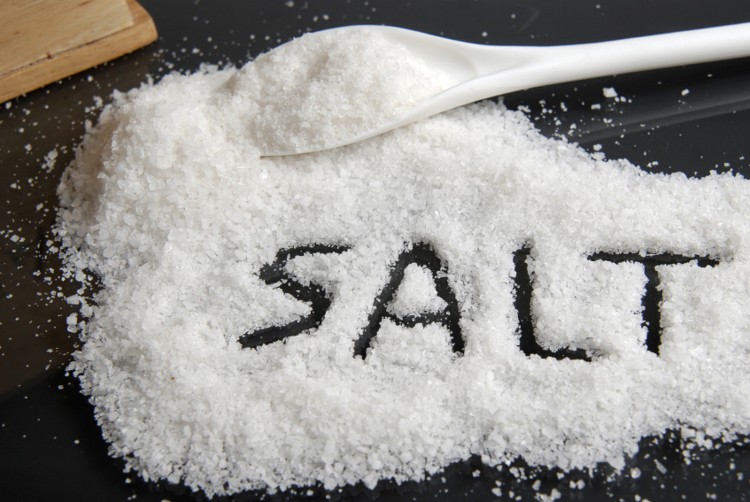
A low sodium diet is a diet that includes no more than 1,500 to 2,400 mg of sodium per day.[1]
The human minimum requirement for sodium in the diet is about 500 mg per day,[2] which is typically less than one-sixth as much as many diets “seasoned to taste”. For certain people with salt-sensitive blood pressure or diseases such as Ménière’s disease, this extra intake may cause a negative effect on health.
A low sodium diet has a useful effect to reduce blood pressure, both in people with hypertension and in people with normal blood pressure.[3] Taken together, a low salt diet (median of approximately 4.4 g/day – approx 1800 mg sodium) in hypertensive people resulted in a decrease in systolic blood pressure by 4.2 mmHg, and in diastolic blood pressure by 2.1 mmHg.[3]
Advising people to eat a low salt diet, however, is of unclear effect in either hypertensive or normal tensive people.[4] In 2012, the British Journal Heart published an article claiming that a low salt diet appears to increase the risk of death in those with congestive heart failure, but the article was retracted in 2013.[5] The article was retracted by the journal when it was found that two of the studies cited contained duplicate data that could not be verified.[6]
A doctor might prescribe a low sodium diet for patients with diabetes insipidus.





